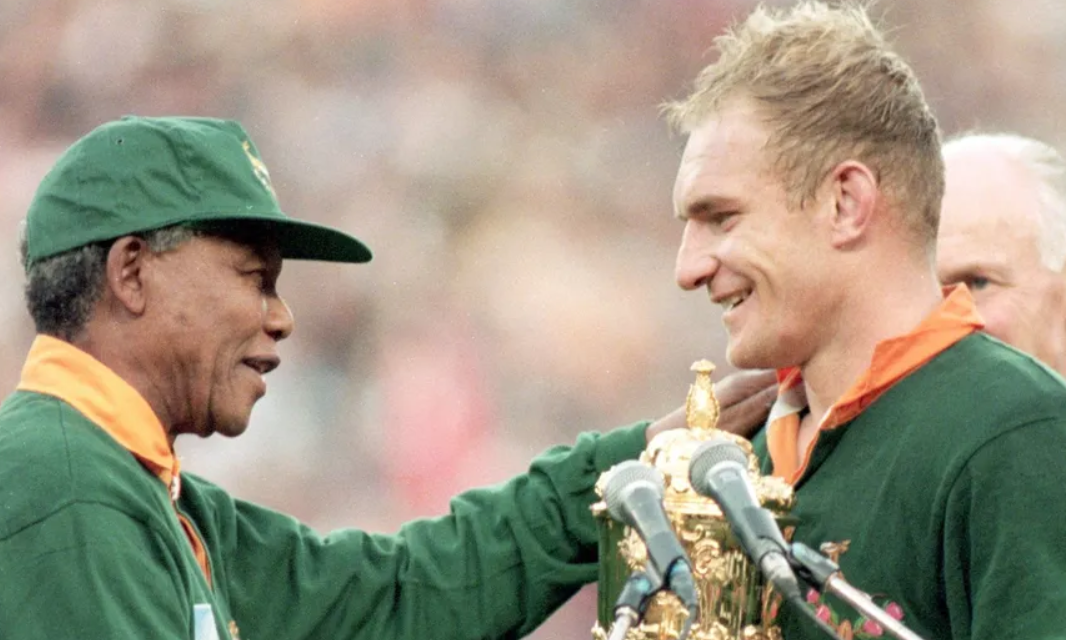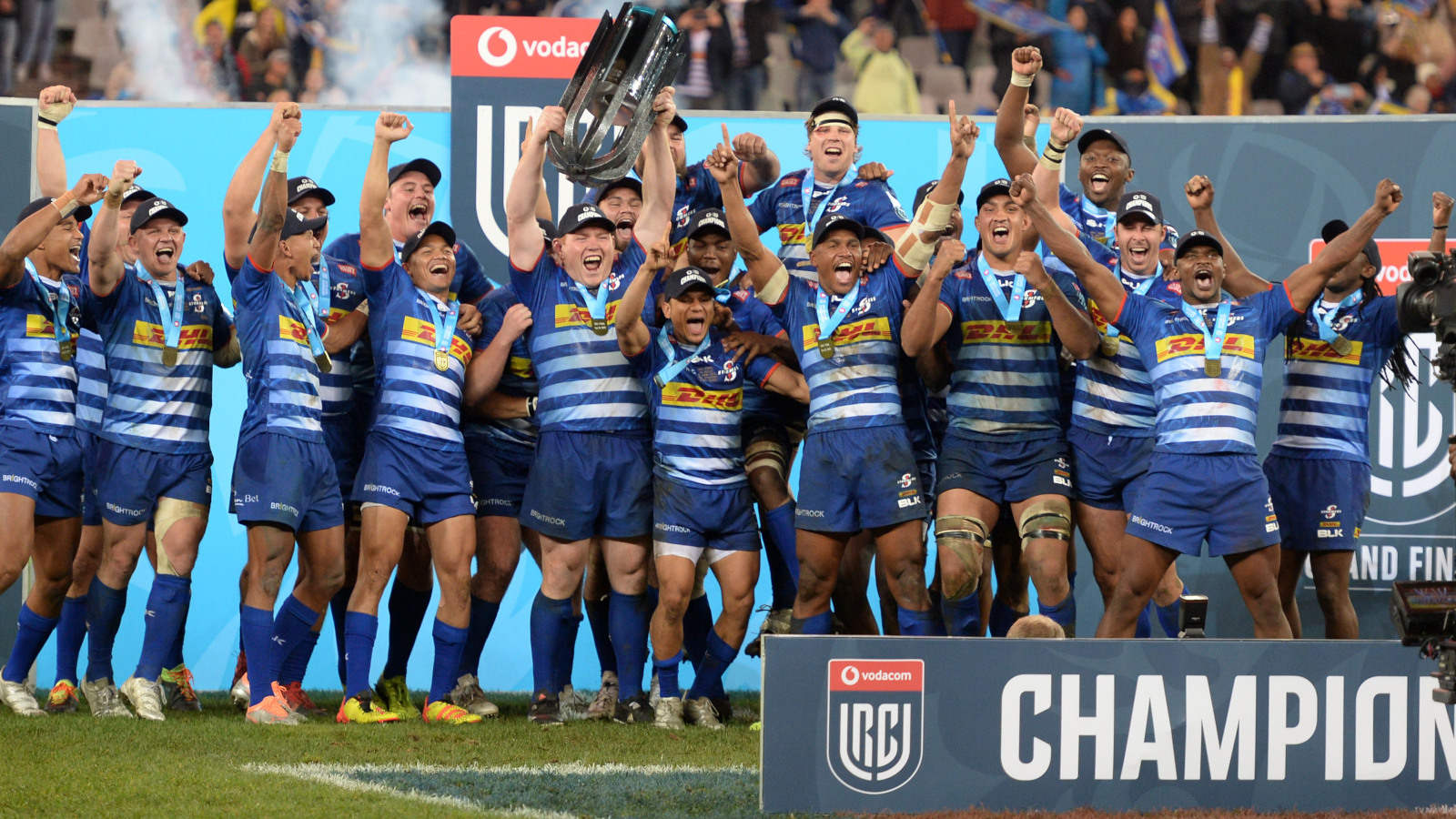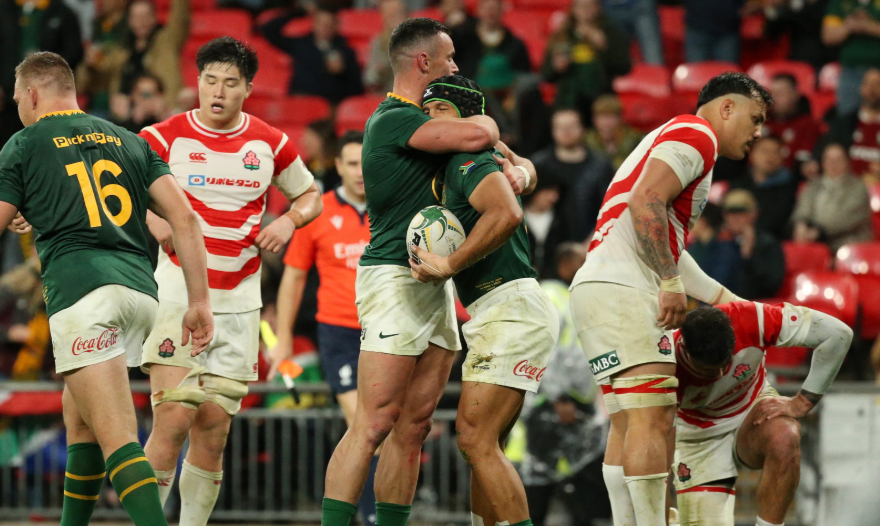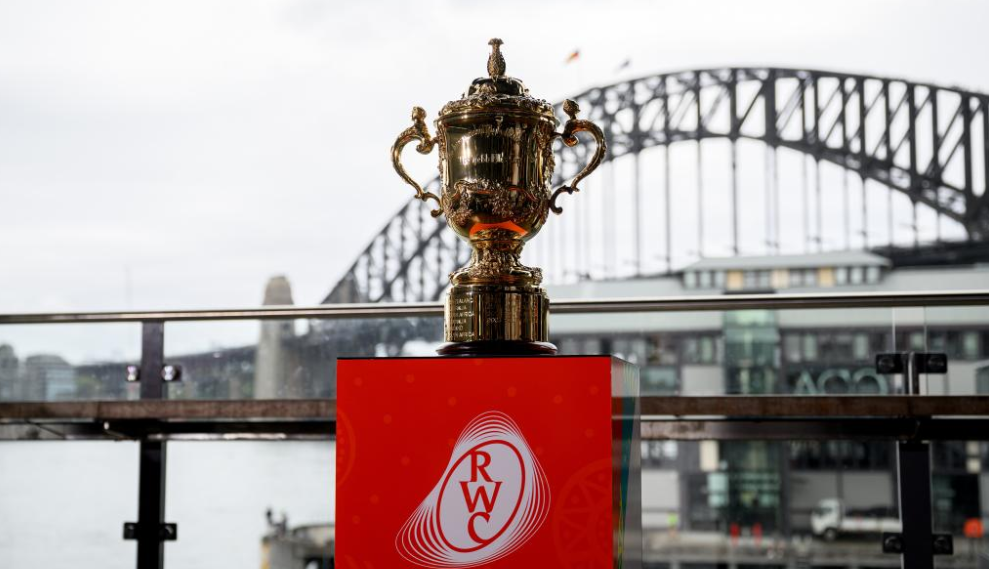The South African national rugby team, the Springboks, has achieved extraordinary success in the Rugby World Cup, winning four titles across the years 1995, 2007, 2019, and 2023. Each of these victories holds a distinct place in South African rugby history, but ranking them involves evaluating not only the rugby played on the field but also the broader context, challenges faced, and their lasting impact on the sport and nation. Here’s a ranking of the Springboks’ Rugby World Cup victories in terms of greatness.

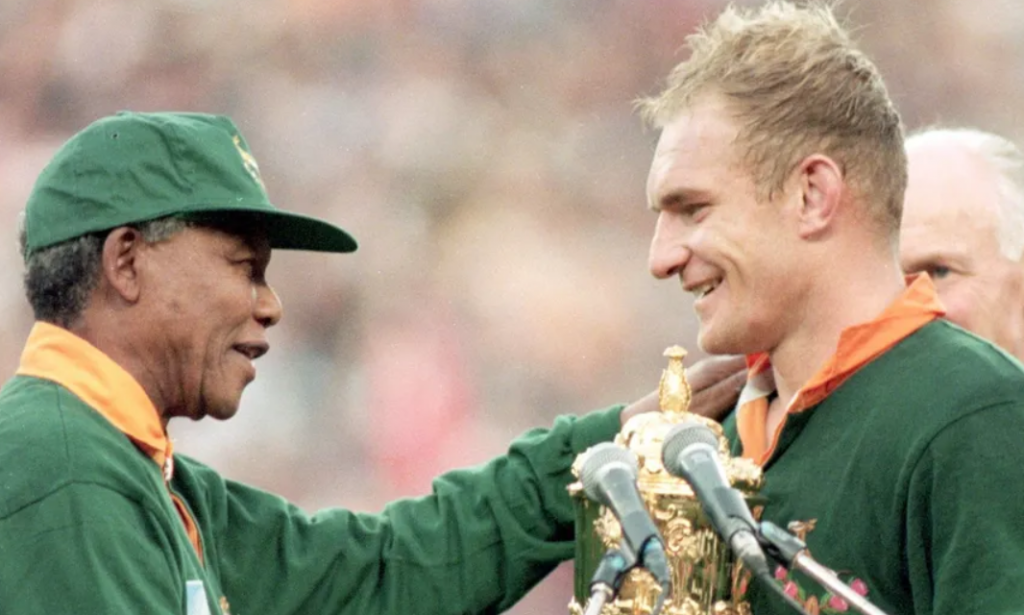
1. 1995 Rugby World Cup – The Defining Victory
The 1995 Rugby World Cup victory is, without a doubt, the most significant and iconic of the Springboks’ four titles. This tournament took place in South Africa, shortly after the end of apartheid, and the victory transcended sport to become a symbol of national unity and healing. Under the leadership of coach Kitch Christie and captain Francois Pienaar, South Africa, in only their third year of international rugby, achieved a landmark victory. The team’s playing style was built on disciplined forward play, strong defense, and a pragmatic game plan. Their tactical approach was effective, but it was the atmosphere surrounding the tournament that made it so much more than just a rugby win.
Nelson Mandela’s support of the Springboks, including his iconic appearance wearing the team’s jersey in the final, was a powerful moment in the country’s history. The image of Mandela presenting the World Cup to Pienaar was a defining moment that marked the Springboks’ victory as symbolic of the country’s post-apartheid reconciliation. In the final, South Africa defeated the heavily favoured New Zealand team 15-12 after extra time, in a match that has gone down in rugby lore. This victory, which united a divided nation and brought immense pride to South Africa, remains the most culturally significant Rugby World Cup triumph for the Springboks.

2. 2019 Rugby World Cup – The Resilient Comeback
South Africa’s 2019 Rugby World Cup victory under the leadership of coach Rassie Erasmus and captain Siya Kolisi is undoubtedly one of the most inspiring triumphs in rugby history. This victory is ranked second because of the journey the team undertook to get there, the context of the win, and the resilience shown throughout the tournament. The 2019 Springboks came into the World Cup with a renewed sense of purpose after a period of turmoil following their disappointing 2015 campaign, compounded by historically terrible 2016 and 2017 Test rugby campaigns. The team displayed an incredibly strong defensive game, a solid forward pack, and a quick, counter-attacking backline. Rassie Erasmus’s tactical awareness, paired with a blend of youth and experience, made the Springboks a team capable of handling any challenge.
The final, where South Africa triumphed 32-12 over England, was a dominant performance that saw South Africa nullify England’s explosive attacking game plan. The victory was marked by stunning individual performances, such as Cheslin Kolbe’s try and Handré Pollard’s precise kicking. However, the most significant aspect of this win was the leadership of Siya Kolisi, the first black captain of the Springboks to lift the World Cup. Kolisi’s leadership transcended rugby, becoming a symbol of hope, unity, and transformation in a South Africa still healing from its turbulent past. The win brought the country together, showcasing how far South Africa had come since 1995. This victory was not only about rugby but also about the Springboks’ ability to inspire and unite a nation, making it one of the most emotional and historic moments in the World Cup’s history.
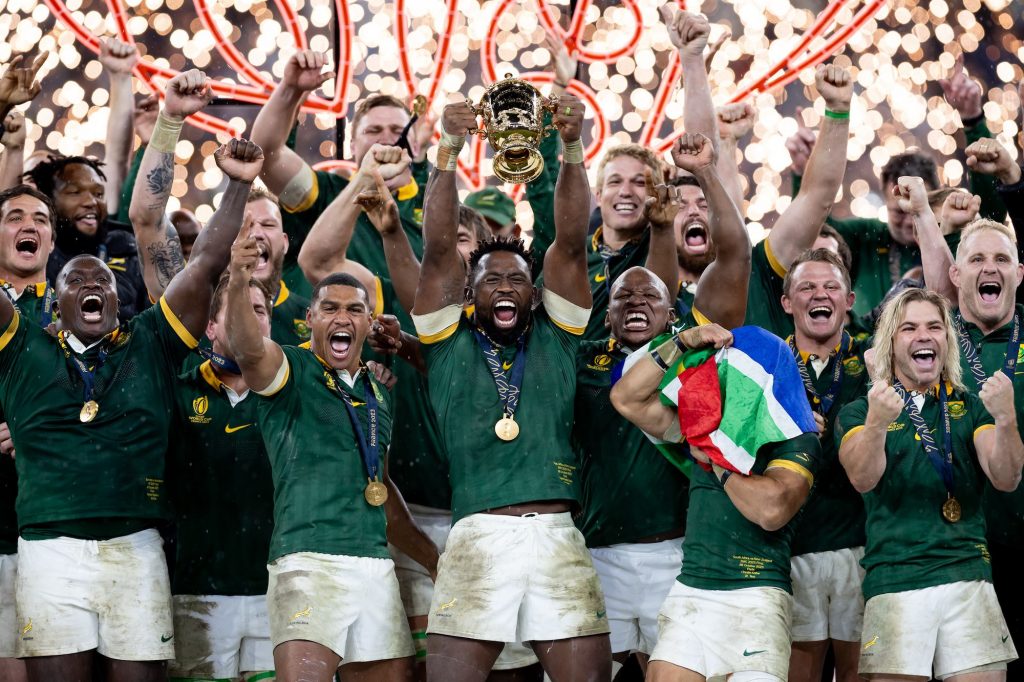
3. 2023 Rugby World Cup – The Tactical Masterpiece
The Springboks’ 2023 Rugby World Cup victory was a tactical masterpiece that saw them become the first team to win four World Cup titles. Under coach Jacques Nienaber and captain Siya Kolisi, South Africa displayed a brand of rugby that combined clinical defense with tactical kicking and forward dominance. What set this team apart was their depth, versatility, and ability to adapt to various situations. The Springboks’ triumph was marked by their ability to control the tempo of games and dominate physically. Their performance against England in the semi-final, winning 16-15, was a demonstration of resilience and game management under intense pressure. In the final, South Africa defeated New Zealand 12-11 in a tense, low-scoring match that emphasised the tactical nature of the contest. The game was decided by Handré Pollard’s composed kicking and the Springboks’ ability to close down New Zealand’s attacking threats.

While this World Cup victory is significant in terms of its tactical brilliance and the depth of talent in the squad, it was not as culturally transformative as the 1995 or 2019 wins. However, it was still a remarkable achievement in terms of its execution, with Nienaber’s tactical planning and Kolisi’s leadership ensuring that the Springboks remained dominant. This victory solidified the Springboks as the most successful team in Rugby World Cup history, marking a new chapter in their legacy.
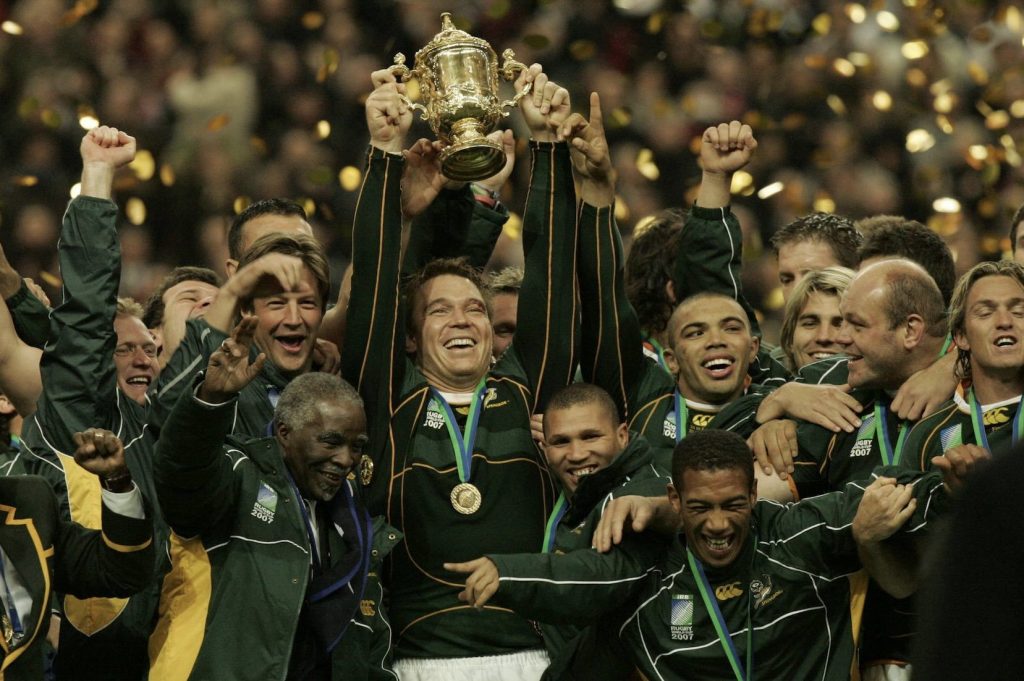
4. 2007 Rugby World Cup – The Tactical Execution
The 2007 Rugby World Cup win is perhaps the most understated but also one of the most clinically executed in the Springboks’ history. Under coach Jake White and captain John Smit, South Africa played a pragmatic and physical brand of rugby, focused on forward dominance and suffocating defense. The Springboks’ approach was based on controlled, strategic play with a solid set-piece, and they excelled at executing game plans under pressure. The 2007 World Cup was marked by tactical kicking, strong scrummaging, and limiting the opposition’s opportunities. In the final, South Africa triumphed 15-6 over England, using a strategy that nullified England’s attacking game and sealed the victory with the boot.
The 2007 triumph was significant for the way it showcased South Africa’s ability to grind out results in tight, tactical contests. The victory was also a fitting end to the careers of stalwart players such as Percy Montgomery and Os du Randt, all of whom played vital roles in the win. Although this victory was not as emotionally charged or culturally significant as the 1995 and 2019 wins, the tactical brilliance of coach White and the leadership of John Smit ensured the Springboks were able to adapt and execute their game plan effectively. It also marked the beginning of a new era of Springbok rugby, one defined by a methodical and strategic approach to winning World Cups.
Conclusion
The Springboks’ Rugby World Cup victories in 1995, 2007, 2019, and 2023 are all historic in their own right, with each title marking a different phase of South African rugby and the country itself. The 1995 victory ranks as the greatest due to its immense cultural impact, followed by the inspiring 2019 win, which demonstrated resilience and unity. The 2023 victory, a tactical triumph, solidified South Africa’s place as the most successful team in World Cup history, while the 2007 title, though perhaps the least emotionally significant, was a testament to the tactical excellence and discipline that defined the team.
Each of these victories tells a different story, but they are all part of the rich tapestry of South African rugby history, cementing the Springboks as one of the sport’s greatest teams.

